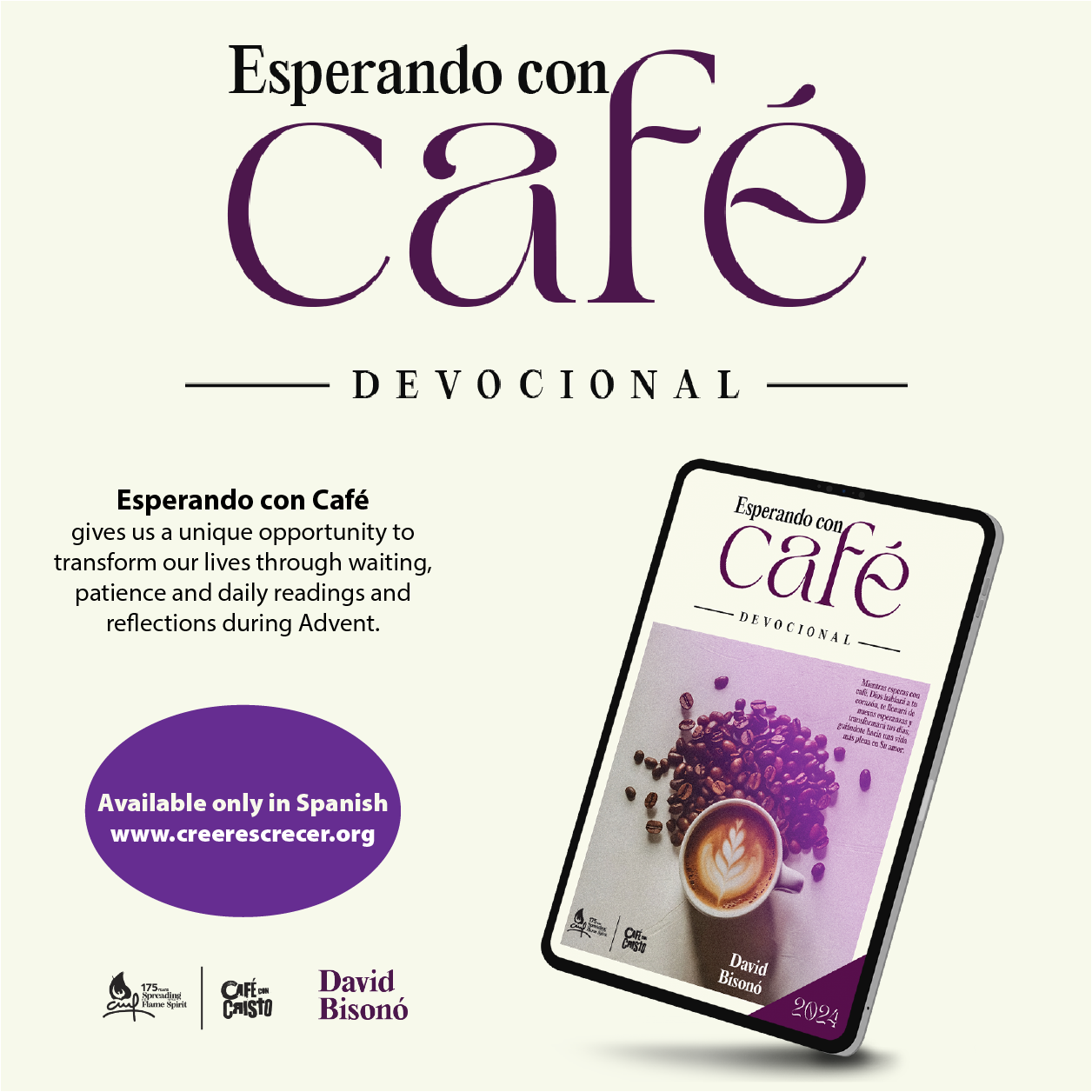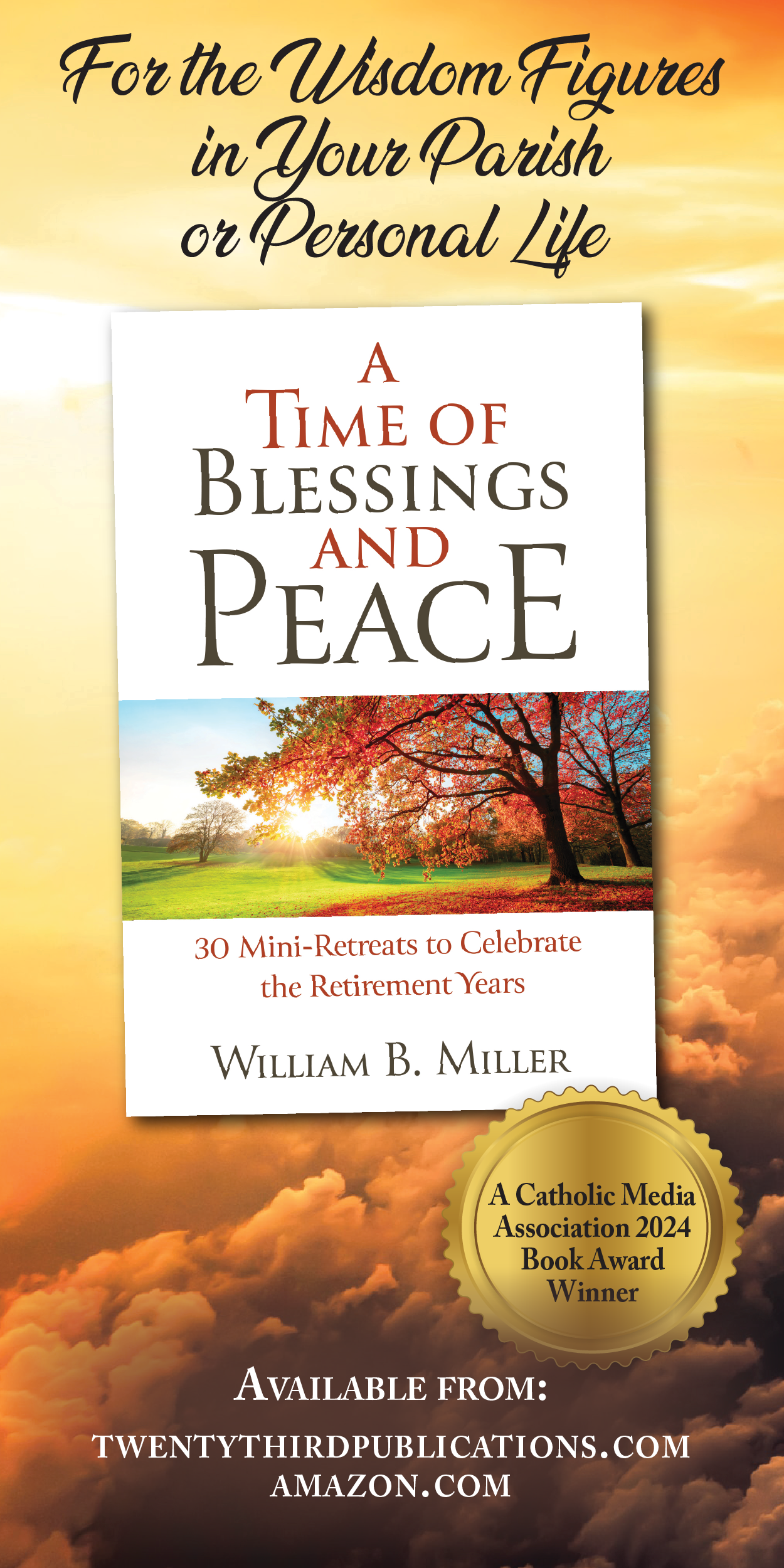It’s been some time since the new Mass translations went into effect, but another survey shows that priests are unhappy with the results.
The 2013 Survey of U.S. Priests on the New Roman Missal from Saint John's University School of Theology Seminary of 1,536 priests demonstrates that a majority of these priests remain skeptical about the new translations.
According to the survey, 59 percent do not like the new Mass. Respondents overwhelmingly indicate that the new phrasing is awkward and distracting, with 80 percent agreeing. Nearly two thirds—61 percent—think that the new translation “urgently needs to be revised,” and the same percentage does not think that the Liturgy of the Hours and other sacraments should be updated to the same style as the new missal.
The December 2012 issue of U.S. Catholic featured our own in-house survey of 1,231 priests, and the results were much the same. Our survey showed that 58 percent of priests disliked the new translations to the point of being upset at having to continue to use them in the future, with another 17 saying they don’t like the translations, but could deal with making the change. Seventy-six percent agreed that they would still use the old translation if given the option.
The article noted pastoral concerns beyond just the personal effect the translations had on their ability to say the Mass. Priests mentioned pastoral concerns and the effect the translations were having not only on their personal saying of the Mass, but of their parishioners as well:
In Reynoldsburg, Ohio Msgr. David Funk has [not seen a smooth transition to using the new translations]. “This has been totally unnecessary and detrimental to the prayer life of my parish,” he says, adding that parishioners still ask why the changes had to be made. Father William Elliot of San Diego reports that his parishioners have felt a sense of helplessness about the new translations. “They feel it has been imposed on them and they can’t do anything about it,” he says.
Our survey of priests, along with our accompanying survey of churchgoers, showed that both groups were displeased with the top-down way in which the changes were brought about:
Father Robert G. Tamminga of Tucson, Arizona also feels the church should go back to the drawing board on the translations. “But this time,” he says, “listen to and implement the intelligent and urgent criticisms of tens of thousands of laypeople, linguists, scripture scholars, theologians, and pastors.”
What do you think: Have you gotten used to the new translations? Do you think the Liturgy of the Hours and other sacraments should be changed as well?








